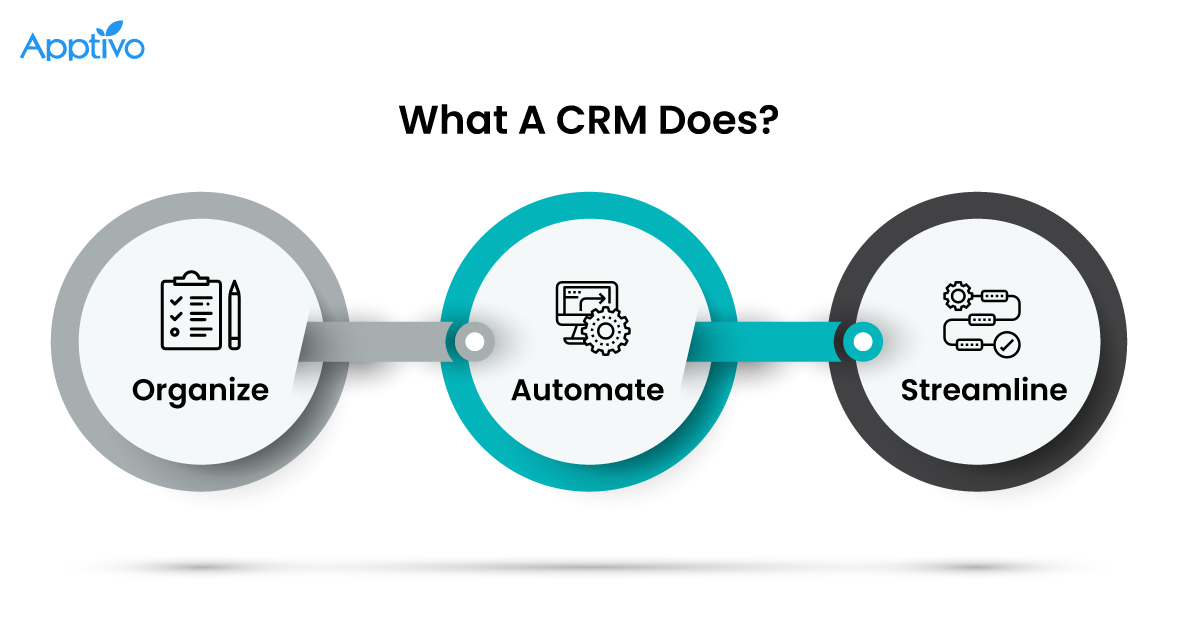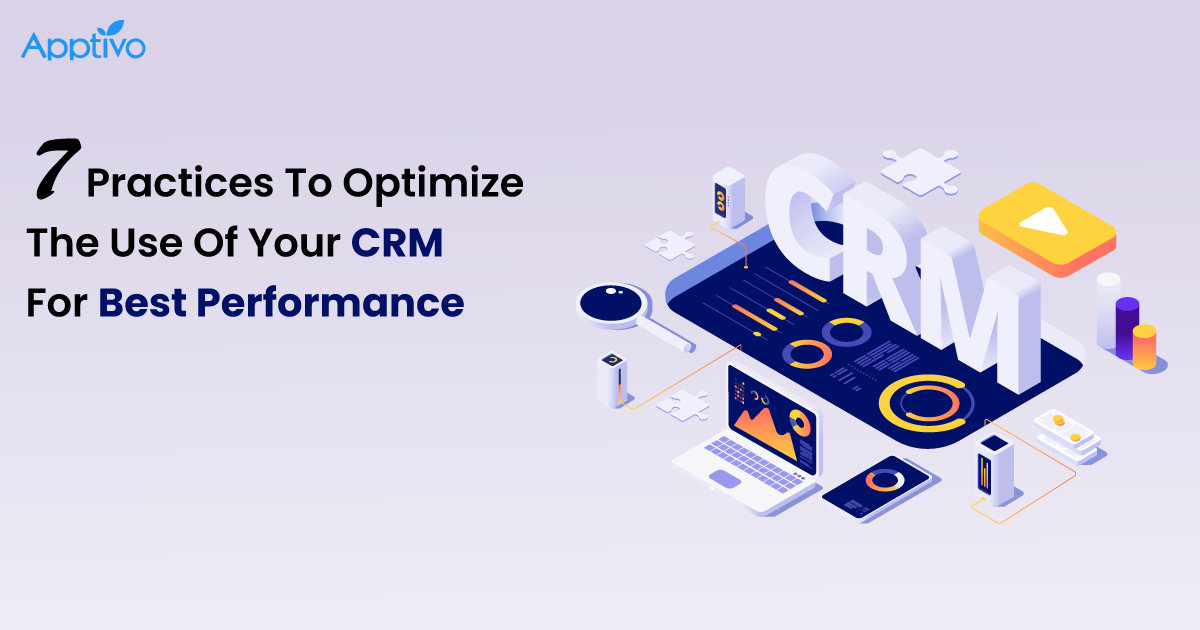Are you looking to enhance the performance of your CRM system? Look no further than CRM System Performance Optimization. In today’s fast-paced business world, having a CRM system that runs smoothly and efficiently is crucial for success. By optimizing the performance of your CRM system, you can ensure that it operates at its full potential, providing you with the tools and insights you need to drive your business forward. Whether you are a small start-up or a large enterprise, implementing performance optimization strategies can help you maximize the value of your CRM investment and stay ahead of the competition.
**CRM System Performance Optimization** is the key to unlocking the full potential of your CRM system. With the right strategies and techniques, you can ensure that your CRM system is running smoothly and efficiently, empowering your sales, marketing, and customer service teams to deliver exceptional results. In this article, we will explore the various aspects of CRM system performance optimization and provide you with practical tips and insights to enhance the performance of your CRM system. So, let’s dive in and discover how you can take your CRM system to the next level!
What Is CRM Optimization?
CRM optimization refers to the process of maximizing the efficiency and effectiveness of a Customer Relationship Management (CRM) system. A CRM system is a tool that helps businesses manage and analyze customer interactions and data. By optimizing the CRM system, businesses can streamline their operations, enhance customer satisfaction, and ultimately drive more sales and revenue.
There are several ways to optimize a CRM system. One approach is to ensure that the system is properly configured and customized to meet the specific needs of the business. This may involve tailoring the CRM software to align with the company’s sales processes, customer segmentation, and reporting requirements. Additionally, integrating the CRM system with other business tools and platforms, such as marketing automation software or customer support systems, can further enhance its functionality and value.
Another key aspect of CRM optimization is data management. It is crucial to ensure that the CRM system is populated with accurate, complete, and up-to-date customer data. Regularly cleaning and de-duplicating the data can help eliminate errors and inconsistencies, providing a reliable foundation for informed decision-making. Moreover, leveraging data analytics and reporting capabilities within the CRM system can provide valuable insights into customer behavior, preferences, and trends, enabling businesses to personalize marketing efforts and identify new growth opportunities.
How CRM Can Improve Company Performance?
CRM, or Customer Relationship Management, is a powerful tool that can greatly improve company performance. By implementing a CRM system, companies are able to effectively manage and nurture their relationships with customers, resulting in increased customer satisfaction and loyalty. This, in turn, leads to higher sales and revenue for the company.
One way CRM can improve company performance is by providing a centralized database of customer information. With a CRM system, companies can easily access and analyze customer data, allowing them to gain valuable insights into customer behavior and preferences. By understanding their customers better, companies can tailor their products and services to meet their specific needs, resulting in higher customer satisfaction and repeat business.
Additionally, CRM can improve company performance by streamlining and automating various business processes. For example, a CRM system can automate tasks such as lead generation, sales tracking, and customer support. This not only saves time and resources for the company but also ensures that these processes are carried out efficiently and consistently. By eliminating manual and repetitive tasks, employees can focus on more strategic and value-added activities, ultimately driving company growth and success.
How Can I Make CRM Faster?
To make your CRM faster, there are several steps you can take. Firstly, optimize your database by removing any unnecessary data and ensuring that indexes are properly set up. This will help improve the performance of your CRM system by reducing the amount of time it takes to retrieve and update data.
Secondly, consider implementing caching mechanisms. Caching involves storing frequently accessed data in memory, allowing for faster retrieval. This can be particularly useful for CRM systems that handle a large amount of data. By caching commonly accessed information, such as customer details or product information, you can significantly reduce the time it takes to load and display data.
Lastly, consider upgrading your hardware or infrastructure. If your CRM system is hosted on-premises, you may want to invest in more powerful servers or storage solutions. Alternatively, if you are using a cloud-based CRM, consider upgrading your subscription to a higher performance tier. By improving the underlying hardware or infrastructure, you can ensure that your CRM system runs smoothly and efficiently.
In conclusion, to make your CRM faster, optimize your database, implement caching mechanisms, and consider upgrading your hardware or infrastructure. These steps will help improve the performance of your CRM system, enabling you to efficiently manage customer data and enhance productivity.
How Do You Evaluate CRM Performance?
CRM performance evaluation is essential for businesses to assess the effectiveness of their customer relationship management system. There are several key factors to consider when evaluating CRM performance. Firstly, businesses should analyze the quality of customer data stored in the CRM system. This includes examining the accuracy, completeness, and timeliness of the data. Having accurate and up-to-date customer information is crucial for effective CRM implementation.
Secondly, businesses should evaluate the CRM system’s ability to improve customer satisfaction and retention. This can be measured through customer surveys, feedback, and reviews. By analyzing customer satisfaction levels and tracking customer retention rates, businesses can determine whether the CRM system is successfully enhancing the overall customer experience.
Lastly, businesses should assess the CRM system’s impact on sales and revenue generation. This involves analyzing key performance indicators such as sales growth, conversion rates, and customer lifetime value. By tracking these metrics, businesses can evaluate how effectively the CRM system is contributing to revenue generation and driving business growth.
Crm System Performance Optimization Examples
CRM System Performance Optimization refers to the process of enhancing the speed, efficiency, and overall performance of a CRM (Customer Relationship Management) system. By optimizing the system, businesses can improve their productivity, streamline processes, and provide better customer service. There are several ways to optimize CRM system performance, including:
1. Database Optimization: One of the key areas to focus on is the database. Regularly clean and update the database to eliminate duplicate or outdated entries. This will not only improve the system’s performance but also ensure accurate reporting and analysis.
2. Server Optimization: Another important aspect is optimizing the server infrastructure. This involves monitoring server performance, identifying and resolving any bottlenecks, and ensuring sufficient resources are allocated to the CRM system. Implementing caching mechanisms and load balancing techniques can also help improve system responsiveness.
3. Code Optimization: Optimizing the codebase of the CRM system can significantly enhance its performance. This includes minimizing redundant code, improving database query efficiency, and optimizing script execution. Regular code reviews and performance testing can help identify areas for improvement.
How to Optimize CRM System Performance:
– Clean up the database: Remove duplicate or outdated entries using data cleansing techniques.
– Monitor server performance: Use monitoring tools to track server performance and identify any issues.
– Optimize codebase: Conduct code reviews to identify and optimize inefficient code.
– Implement caching: Utilize caching mechanisms to store frequently accessed data and reduce database queries.
– Load balancing: Distribute the workload across multiple servers to ensure optimal performance.
– Regular performance testing: Test the system’s performance regularly to identify areas for improvement.
By implementing these optimization techniques, businesses can ensure their CRM system operates efficiently, providing a seamless experience for both employees and customers.
Crm System Performance Optimization Ppt
A CRM system is an essential tool for businesses to manage customer relationships and improve overall performance. However, to ensure optimal performance, it is important to optimize the CRM system. This can be done through various strategies and techniques that enhance the system’s speed, efficiency, and reliability.
To optimize the performance of a CRM system, follow these steps:
- Identify system bottlenecks: Conduct a thorough analysis of the CRM system to identify any areas that may be causing performance issues. This can include slow loading times, frequent crashes, or delays in data retrieval.
- Upgrade hardware and software: Ensure that the CRM system is running on the latest hardware and software versions. This includes updating servers, databases, operating systems, and any other components that are part of the system.
- Optimize database queries: Database queries play a crucial role in CRM system performance. Analyze and optimize queries to minimize the time it takes to retrieve data from the database. This can involve indexing tables, rewriting queries, or restructuring the database schema.
- Implement caching mechanisms: Caching can significantly improve CRM system performance by storing frequently accessed data in memory. This reduces the need for repeated database queries and speeds up data retrieval.
- Regularly monitor and tune: Continuously monitor the performance of the CRM system and make necessary adjustments. This can include fine-tuning server configurations, optimizing application code, or implementing performance monitoring tools.
By following these steps, businesses can ensure that their CRM system is running at its peak performance, enabling efficient customer management and enhancing overall productivity.
What Is CRM? | Introduction To CRM Software| CRM Projects For Beginners | CRM 2022 | Simplilearn
In conclusion, optimizing the performance of a CRM system is crucial for businesses to enhance customer interactions, streamline processes, and achieve overall success. By implementing effective strategies such as database management, system customization, and regular performance monitoring, organizations can maximize the potential of their CRM systems.
Through efficient database management, businesses can ensure that customer data is organized, accurate, and easily accessible. This enables companies to have a comprehensive view of their customers, enabling personalized interactions and targeted marketing campaigns. Additionally, system customization allows for the tailoring of the CRM system to meet specific business needs, ensuring seamless integration with existing processes and workflows.
Regular performance monitoring is also essential to identify any bottlenecks or areas for improvement within the CRM system. This allows businesses to address issues promptly, ensuring optimal system performance and minimizing downtime. By prioritizing CRM system performance optimization, businesses can enhance customer satisfaction, increase productivity, and drive growth in today’s competitive market.
Let’s Make Your CRM Work
Let us remove the manual effort and time it takes to effectively manage client relations systems and data
“Using Pipedrive’s CRM is one of the best decisions we’ve ever made. We’ve seen our annual revenue explode, and the outlook just keeps getting sunnier.”
Mitch Workman
Digital Marketing Director, Big Dog Solar | Energy Sector | USA

